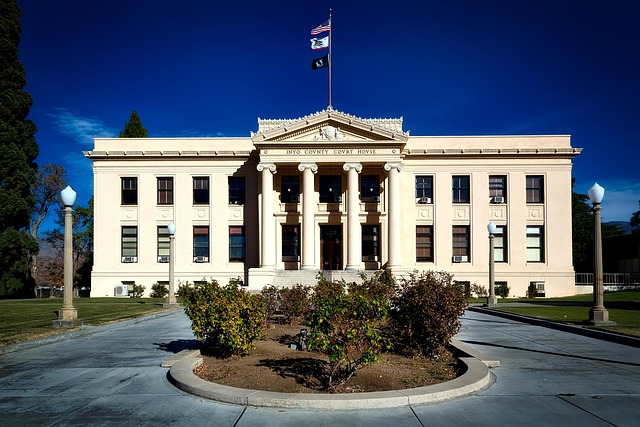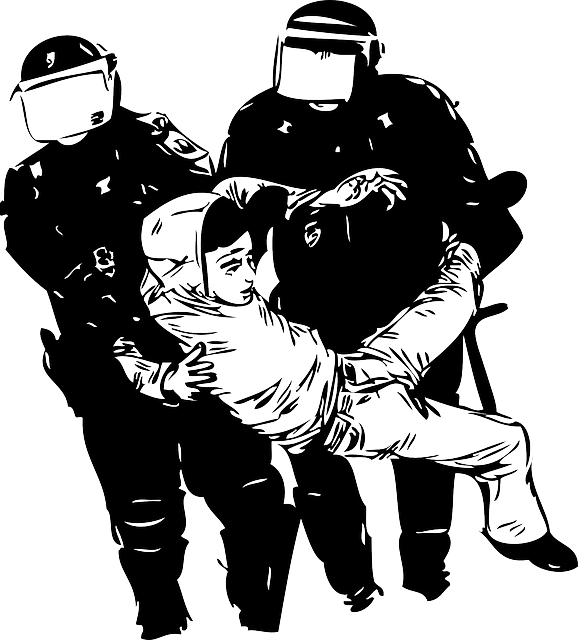Whistleblower Protection Laws safeguard individuals who expose illegal or unethical practices from retaliation, empowering them to report misconduct without fear. Successful lawsuits can award various Types of Compensation for Personal Injury, including financial damages, legal fees, medical expenses, and pain & suffering. The goal is to secure complete dismissal of charges, protect whistleblowers' rights, and foster ethical behavior by serving as powerful deterrents against corporate misconduct. Navigating these complex cases requires understanding state/federal laws and industry regulations, aiming for fair redress while safeguarding clients' well-being.
“Whistleblower Protection Lawsuits: A Vital Safety Net for Those Who Speak Out
Many individuals risk their careers and personal safety to expose fraudulent or illegal activities within organizations. Understanding whistleblower protection laws is crucial for these heroes. This article delves into the legal framework surrounding these suits, focusing on compensation for personal injuries sustained during the process. We explore various types of damages available to whistleblowers, offering a guide to navigating legal procedures and ensuring they receive fair redress for their courage.”
- Understanding Whistleblower Protection Laws
- Types of Compensation for Injuries Sustained
- Navigating Legal Procedures in Protection Lawsuits
Understanding Whistleblower Protection Laws

Whistleblower Protection Laws are designed to safeguard individuals who expose illegal or unethical activities within their organizations from potential retaliation. These laws ensure that employees can report misconduct without fear of losing their jobs, facing harassment, or suffering other forms of punishment. Understanding these protections is crucial for both whistleblowers and employers.
In the event of a successful whistleblower lawsuit, various types of compensation for personal injury may be awarded. This includes financial damages to cover lost wages, emotional distress, and legal fees. Achieving extraordinary results for his clients is often the goal of dedicated attorneys specializing in these cases. The ultimate aim is to secure complete dismissal of all charges against the whistleblower, protecting their rights and ensuring they can continue their work without fear of retaliation.
Types of Compensation for Injuries Sustained

When it comes to Types of Compensation for Personal Injury in whistleblower protection lawsuits, individuals who have suffered harm while exposing corporate wrongdoings can seek various forms of redress. Beyond financial compensation, victims may be entitled to damages that cater to their specific needs and circumstances. This can include reimbursement for medical expenses, lost wages, and pain and suffering.
Achieving extraordinary results in such cases often involves demonstrating the profound impact of the whistleblower’s actions on both personal and societal levels. An unprecedented track record of success in these lawsuits can serve as a powerful deterrent against corporate misconduct. By holding responsible parties accountable, these legal victories not only provide financial compensation but also contribute to a culture where ethical behavior is incentivized, ultimately avoiding future indictments for similar violations.
Navigating Legal Procedures in Protection Lawsuits

Navigating legal procedures in whistleblower protection lawsuits can be complex, especially given the unique challenges these cases present. Whistleblowers often face significant personal risks and may require extensive legal support to ensure their safety and secure justice. The process involves a careful examination of state and federal laws, as well as specific regulations related to the industry or sector where the violation occurred.
Whistleblower protection laws typically offer various forms of relief, including monetary damages for those who have suffered personal injury due to their disclosures. Types of compensation for personal injury in these cases can encompass not only financial losses but also emotional distress and reputational harm. For his clients, whether they are corporate or individual whistleblowers, the goal is to navigate these high-stakes cases effectively, ensuring that they receive fair and adequate redress while protecting their well-being.
Whistleblower protection lawsuits are a vital mechanism to ensure individuals can come forward without fear of retaliation. By understanding the relevant laws, navigating legal procedures effectively, and knowing the available types of compensation for personal injury, whistleblowers can play a crucial role in uncovering truth and fostering transparency. This, in turn, strengthens accountability and safeguards public interest.






